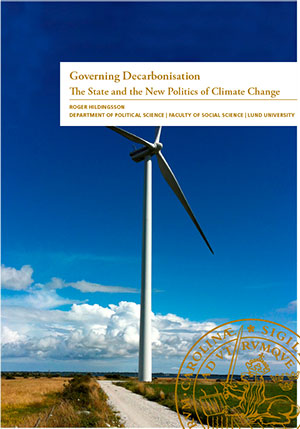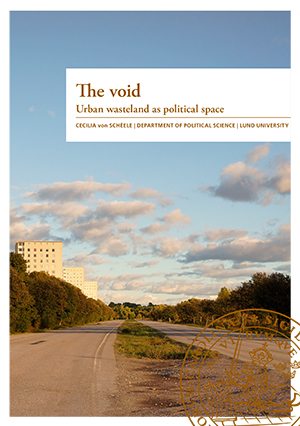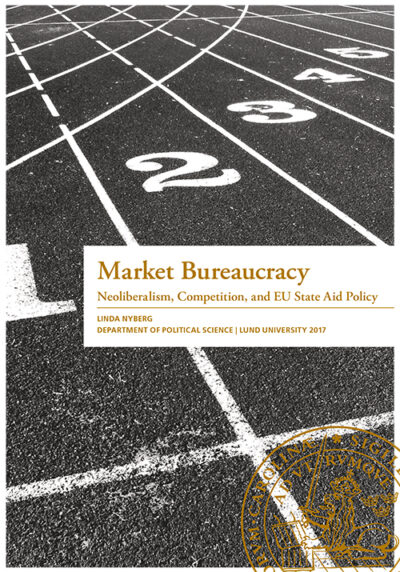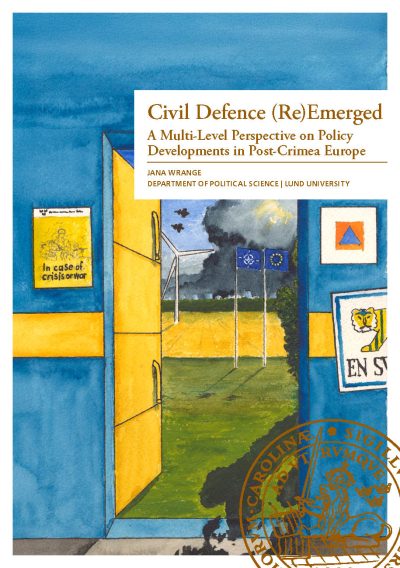Governing Decarbonisation
The State and the New Politics of Climate Change
Roger Hildingsson
223 kr
Beskrivning
The new climate politics of decarbonisation address the prospects for moving society away from its current dependence on fossil carbon energy. In this compilation dissertation, Hildingsson explores the role of the state as a critical site for progressive climate action, and examines its capacity to govern decarbonisation by transforming systems, structures and practices that generate carbon emissions. Based on insights from the development of climate governance arrangements and institutional conditions for public policy in Sweden, Hildingsson proposes that the modern (environmental) state holds untapped capacities to govern decarbonisation. These capacities can be progressively explored to advance and scale up the efforts to reorient societal development. Thus, a decarbonising state can be made more actively engaged in steering and enabling the processes of low-carbon transitions, and in developing new ways for orchestrating a wide range of low-carbon initiatives and developments. Roger Hildingsson works as researcher and teacher in environmental politics and climate governance at the Department of Political Science, and this book is his completed PhD thesis. His tutors have been Annica Kronsell and Johannes Stripple.
Ytterligare information
| Vikt | 503 g |
|---|---|
| Storlek | 14 × 168 × 238 mm |
| Språk | Engelska |
| Antal sidor | 228 |
| Publikationsår | 2014 |
| Bandtyp | Häftad |
| ISBN | 978-91-7623-181-4 |
| ISSN | 0460-0037 |
| Volym | 172 |





